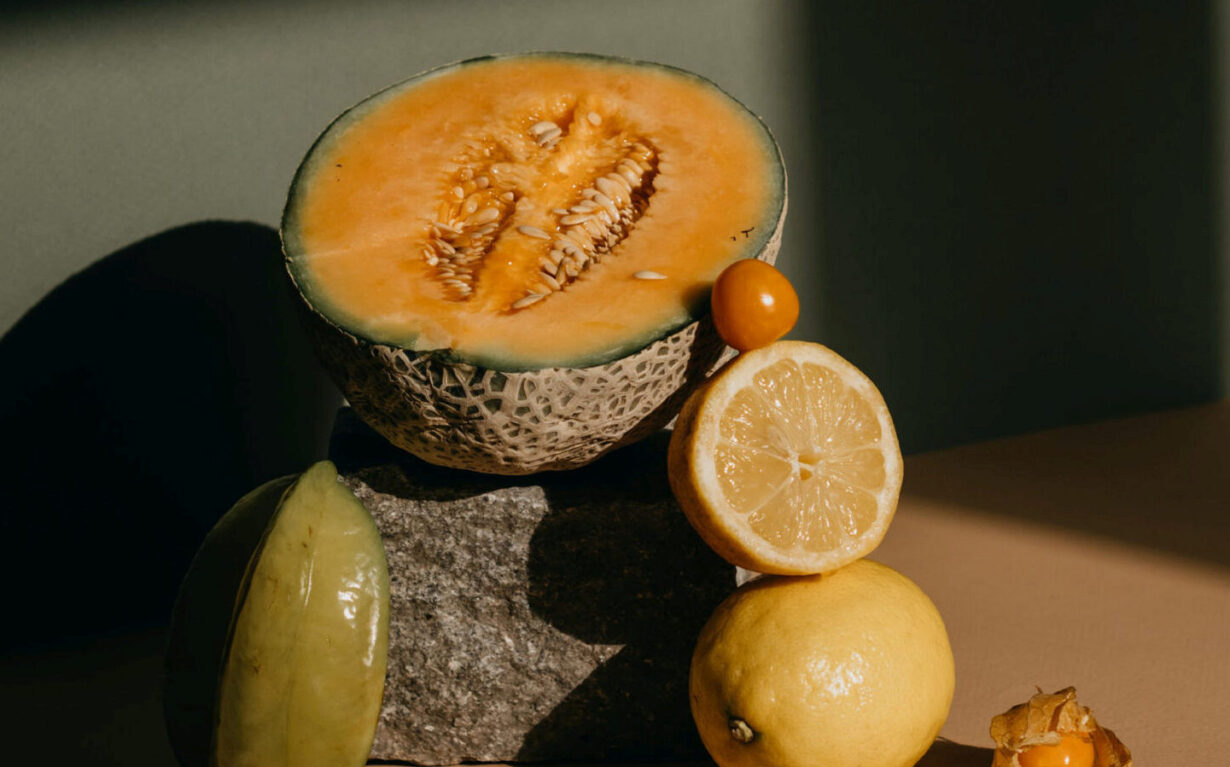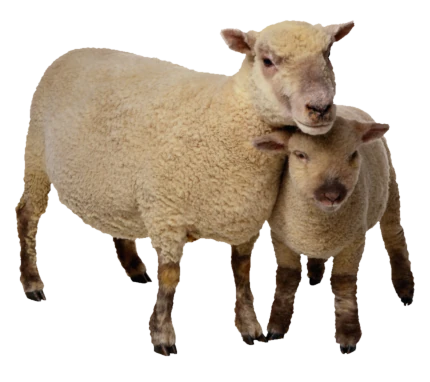Whether it’s animal welfare or environmental concerns that are motivating your lifestyle shift, veganism has never been more popular.
Veganuary sees hundreds of thousands going vegan every January, as part of a month-long challenge. But where to begin? You likely have a thousand questions (and doubts) and are unsure if it’s the right lifestyle for you – or if you can feasibly sustain it. It would be easy to think with the plethora of plant-based products now on the market that veganism has been fully immersed into the mainstream, but that’s not to say there aren’t still a few awkward hurdles to surmount.
Why go vegan?
Whether it’s animal welfare or environmental concerns that are motivating your lifestyle shift, veganism has never been more popular. While it’s never claimed to be a cure-all, simply eliminating your meat and dairy intake can have a significant positive impact on your carbon footprint, as well as reducing the devastation already caused by intensive farming. According to a 2018 study, meat and dairy consumption is responsible for 60 per cent of all greenhouse gas emissions from agriculture. We’d also need 75 per cent less farmland globally if everyone went completely plant-based.
Remember that food is emotive, so don’t worry if you slip up in those initial weeks and months. This is a journey, not a sprint to plant-based perfection.
Where do I begin?
Change begins in your kitchen. Start by clearing out your pantry and fridge (donate, don’t dump!) and filling it with familiar plant-based alternatives like organic oat milk and Naturli’ butter. In those initial stages, you’ll want to ease your way into the lifestyle by having meals and snacks that aren’t too far from your comfort zone.
Rest assured you can still enjoy all your favourites including pasta, bread, chocolate (Rhythm 108 is a must) and wine – although be sure to check the label. Surprisingly, due to the filtering process, not all wines are vegan; however, almost every brand should now have it clearly marked on the back.
In addition, sign up to a vegetable-box delivery scheme such as Riverford or Abel & Cole, which will send you a weekly selection of seasonal vegetables (with minimal plastic), as well as some tips on how best to cook them. Not only will you be supporting local farmers but you’ll be getting your 5-a-day, too.
Invest in some vegan cookbooks
You might already be a keen cook, in which case you can likely adapt a ton of recipes from your existing library. However, there are so many fantastic plant-based cookbooks catering to every ability, making flavoursome, home-cooked vegan dishes accessible to everyone.
An ode to all things veggie, Sophie Gordon’s The Whole Vegetable offers a uniquely sustainable and delicious approach to modern plant-based cooking. Alternatively, anything by Bettina Campolucci Bordi or Rachel Ama is a sure-fire way to make the switch simple – and be sure to follow Max La Manna on Instagram for super quick dishes with his hallmark healthy twist.
But where will I get my protein?
The continued fixation with protein deficiency is one that relentlessly crops up in any conversation concerning veganism. Indeed, T. Colin Campbell, plant-based pioneer and biochemist who specialises in the effect of nutrition on long-term health, believes the importance of protein “is exaggerated, to mythical proportions”. While many people link protein closely to meat, it can be found readily in plant-based foods, from peas to chickpeas, tofu to quinoa.
If you’re still hankering after a juicy burger, look to vegan alternatives such as Beyond Burger or Moving Mountains. Protein powders from brands such as Bulk, The Protein Works, My Vegan and Huel are also a great way to ensure you’re getting everything you need.
Overhaul your wardrobe
Of course, veganism isn’t just about the food. If you’re serious about embarking on this newfound lifestyle, your general consumption habits will inevitably have to be tweaked. We’re talking clothes, beauty, interiors and everything in between. In some ways this could be the perfect excuse to completely overhaul your wardrobe. Better still, though, continue wearing (and enjoying) what you already own, opting instead to add carefully chosen pieces that straddle the delicate balance between being vegan, sustainable and, of course, stylish.
Man-made alternatives to leather and wool don’t tend to be eco-friendly, as they’re often synthetic, so seek out natural fabrics such as organic cotton, hemp, linen, bamboo and cork instead. You can still get your fashion fix, while staying true to your newly acquired vegan ethics.
Áine Carlin is a vegan chef and author of Cook Share Eat Vegan.
This article was originally published on British Vogue.

